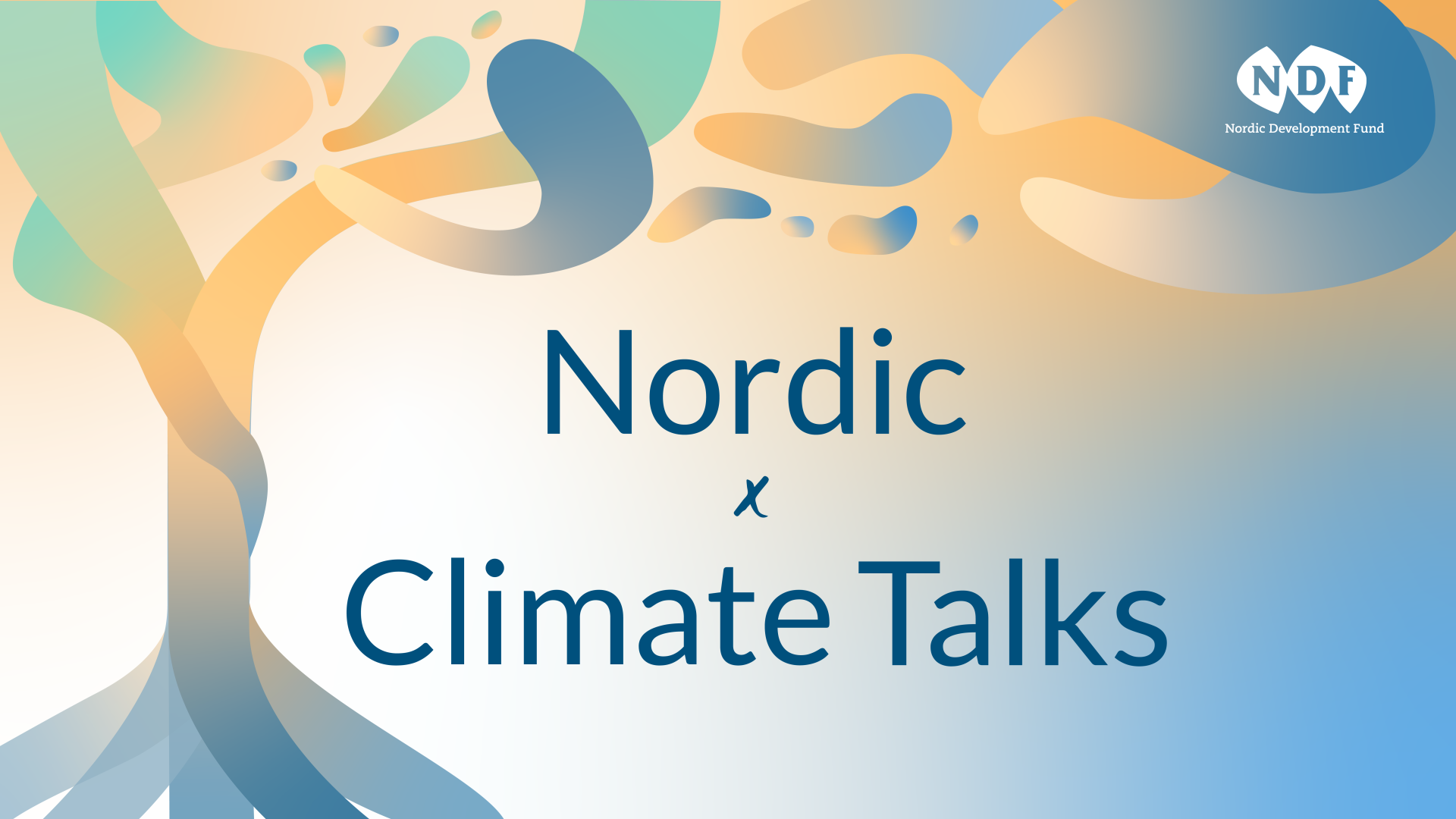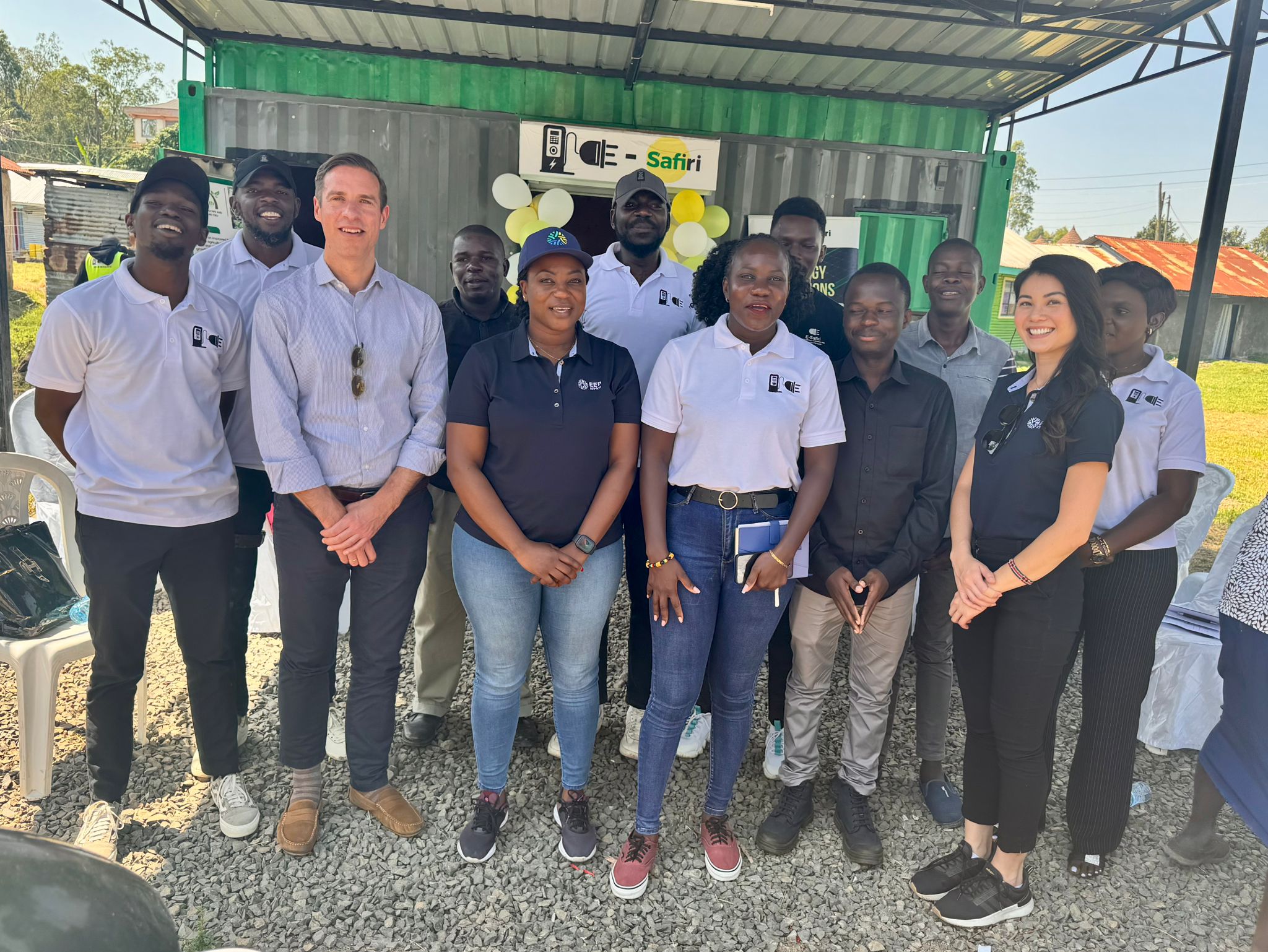Advancing gender equality in Africa's clean energy sector

In the second episode of our podcast Nordic x Climate Talks, we discuss the importance of inclusion and gender equality in the clean energy sector in Sub-Saharan Africa.
“At EEP Africa, we work across 17 countries in Southern and Eastern Africa. In these areas we really are seeing different effects of climate change, ranging from droughts, experienced recently in Zimbabwe, Zambia and Malawi,” says Chiedza Mazaiwana, Project Manager at EEP Africa. “We have also seen that impacts of climate change are deeply intertwined with existing social and economic inequalities. In these areas, women, particularly in rural areas, are bearing the brunt of these climate shocks,” she continues.
NDF manages the The Energy and Environment Partnership Trust Fund (EEP Africa), a clean energy financing facility supporting early-stage companies in Africa. In addition to clean energy, gender equality and inclusion are one of the top priorities of the Fund, which can be seen in all the grants provided and companies supported.
“We embed gender and social inclusion directly into our investment criteria and prioritise business models that empower women not as end-users of energy, but also as entrepreneurs,” says Chiedza.

Our host, Kelly Keodara, with the EEP Africa team in Nairobi. Photo: EEP Africa
Empowering women and people with disabilities in Lesotho
One of these companies, African Clean Energy (ACE), based in Lesotho, is addressing these gender equalities by providing sustainable cooking solutions that empower women and enhance community resilience. Women in these areas are primarily responsible for collecting firewood, fetching water and cooking. However, climate change has caused scarcity in resources, which affects directly all these tasks and increases the workload, which limits women’s opportunities for education and income generation activities.
ACE has a credit-based model for financing clean energy. They subsidise the cost of clean energy for their customers, both on the cookstove itself and cleaner fuels, making it more accessible and affordable for low-income households.
“More customers mean more carbon credits, which in turn unlocks more climate financing to reach even more families,” says Rethabile Mafura, Country Manager of ACE and Head of Consular Services for the Netherlands.
“There is growing international support for gender inclusive programmes. Most of the women in rural areas are the ones cooking, gathering fuel and managing households. Energy solutions developed with and for women tend to be more practical and effective,” says Rethabile.
In addition to investing in gender equality, ACE also creates space for people with visible and invisible disabilities.
“Our team has various professionals with disabilities. Their presence uplifts the entire team, and it challenges us to communicate better. Inclusion is not just a policy; it is a mindset shift,” says Rethabile.
